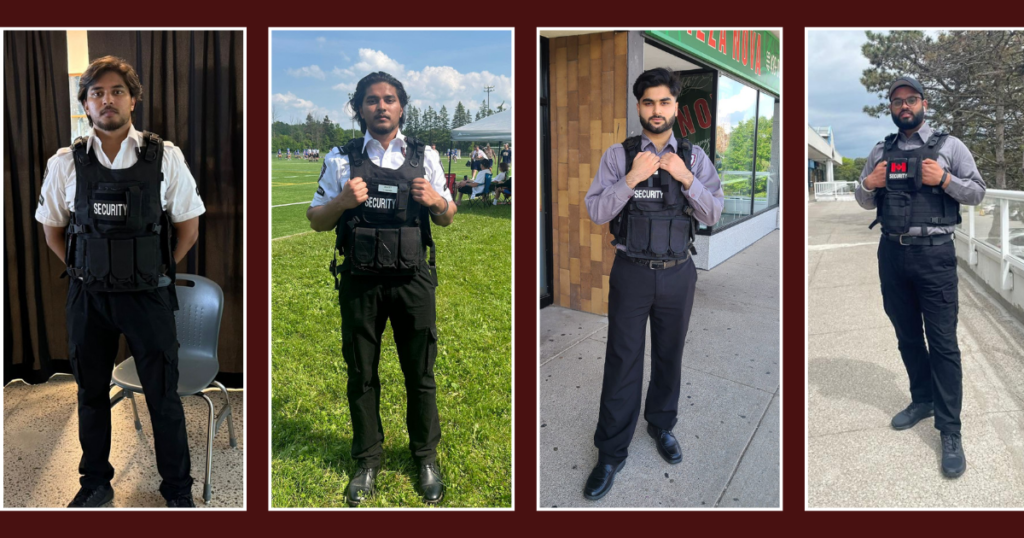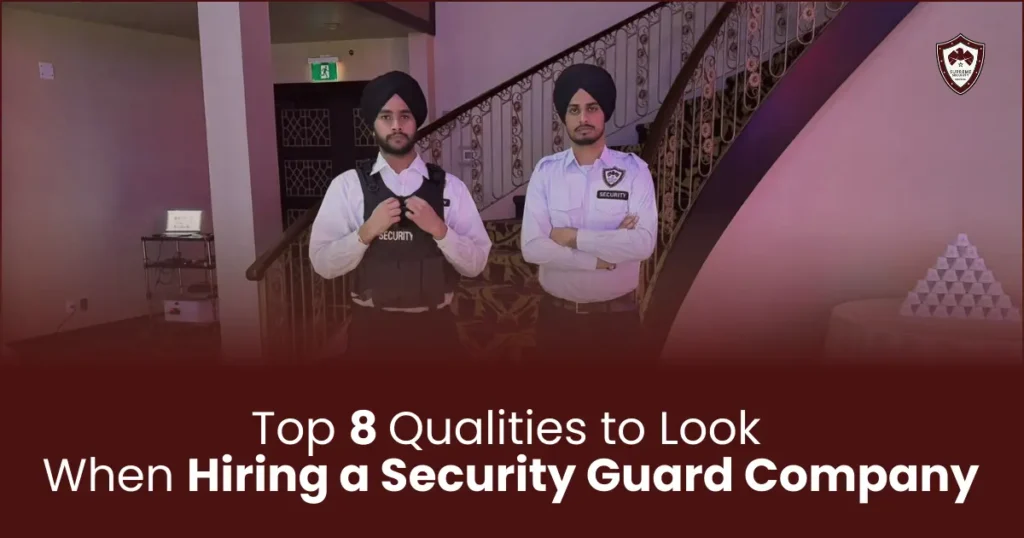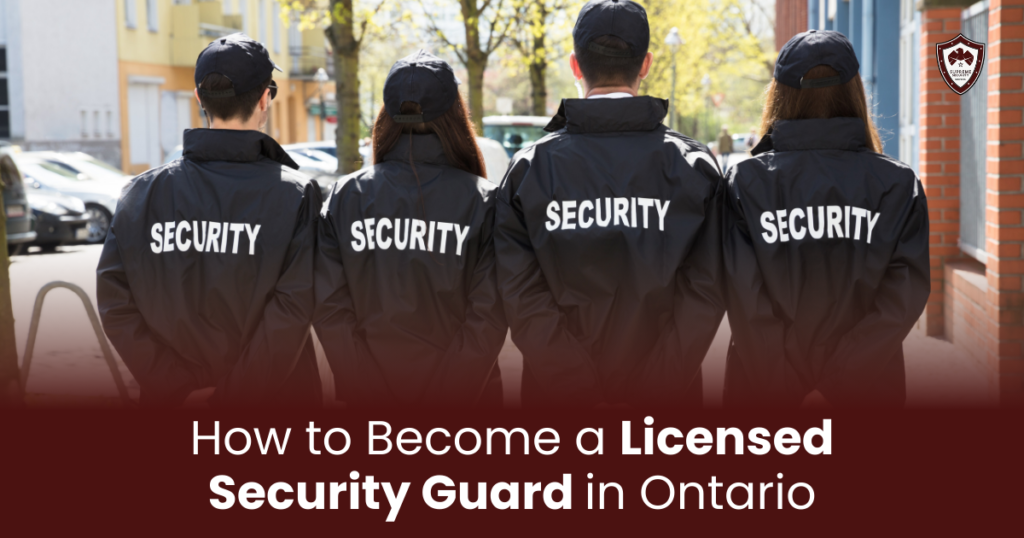Security personnel keep people safe and orderly within the public areas. Security officers protect shopping malls, monitor events to ensure that the attendees are controlled, and provide protection for residential areas. These officers play a key role in developing the safety of an environment
Jobs for security personnel vary depending on the assigned tasks. For example, residential security officers will be protecting homes and neighborhoods, while private security jobs will be keeping corporate offices or big events safe. Their jobs are to watch over areas, patrol, respond to emergencies, and prevent unauthorized entry. Security guards also have to be vigilant, make rapid decisions, and adhere to rules for handling unexpected situations well.
Legal responsibilities are part of their work. Security officers must observe the law to protect people and property while at the same time respecting individual rights. This is important not only for the private security workers but also for the public because it brings about trust and teamwork.
Table of Contents
Key Legal Responsibilities in Public Spaces
Security officers are not just a visible crime deterrent but dedicated professionals who help protect lives and properties. Their actions directly impact public trust, making it essential for them to balance authority with respect for the law.
Protecting Public Safety:
Security officers are charged with the very important duty of maintaining public safety. These range from managing huge crowds at events, mitigating possible dangers, and maintaining fluid operations in densely crowded areas such as shopping malls. For example, security officers who are lowly paid VIPs are frequently assigned to high-profile events for the protection of dignitaries and also for controlling media interactions. Whether it is residential security officer duties in gated communities or proactive measures for private security duties in commercial settings, protecting public safety is the top priority of all private security personnel.
Observation of legal bounds:
In cases of public disturbance, which could be a protest or dispute, security officers must ensure that their actions are both legal and fair. In most cases, they liaise with the police to resolve the situation without violating any rights. This is particularly crucial when dealing with private security responsibilities, like property rights enforcement, within the context of public confidence.
Emergency Response:
Security guards even save lives by their speedy and prompt reactions to cases of medical emergencies, fire outbreaks, and other unforeseen dangers. In such times of crises, personal security officers are trained to act boldly, from giving instant first aid to evacuating the premises safely. Similarly, residential security officers play a critical role in crisis response within housing communities since they are often the first line of response during such times.
Common Misconceptions:
Security officer” and “security guard” are being used so often as equivalents, but they represent the differences of two roles of action and work. A security guard will normally enforce or supervise the rules, secure locations, and perform rather clear-cut work, such as patrolling and reporting. A security officer usually operates at a more professional level, often leading teams, using technology to manage security systems, and dealing with complex legal and operational issues.
Private security professionals do not stand guard. Instead, they are trained for many jobs, such as keeping up with property laws, working with police, and keeping sensitive information safe. Such jobs require specialized skills and smart decision-making that makes security officers different.
I recall an incident at a shopping mall where it became apparent that there was a mix-up between these roles. A security officer was requested to deal with the case of a serious law suit involving property disputes that involved the knowledge of duties in private security. Things became worse until a security officer came in and fixed the issue legally using appropriate skills. This is what it means to know these differences to ensure that the correct people are put in their jobs.

Ethical and Legal Challenges in Public Security
Security officers usually have to balance their authority with the rights of individuals in terms of personal rights. They have to enforce rules, maintain order, and protect property without overstepping bounds or infringing on people’s freedoms. For example, personal security officers protecting high-profile clients have to act with decisiveness during threats but in a manner that does not violate public space norms.
State laws generally determine the private security roles and responsibilities of professionals since such laws define the limit to their authority and allowable acts. Whether it is utilizing closed-circuit surveillance systems, conducting searches, or managing disputes, practices ought to be aligned with such guidelines. This is a vital comparison between a security officer versus a security guard: the former is often trained on handling such complexities due to a broader scope of responsibility.
One incident was the security officer of a gated community. A guest was trying to enter without authorization. The situation was getting quite heated. The officer had to enforce community rules and show respect to the frustration of the guest. It shows that ethics and legal awareness are very important when an officer is dealing with such situations. This story highlights the need for professionalism and legal knowledge in overcoming everyday problems.
How Private Security Enhances Community Safety
Private security is very essential in keeping communities safe. It combines expertise, vigilance, and collaboration with the local law enforcement. Here’s how they make a difference:
- Collaboration with Law Enforcement: Many private security teams assist the police by reporting suspicious activities and providing additional eyes on the ground. This partnership strengthens overall safety efforts.
- Increasing Public Confidence: Trained, affordable VIP security officers assure to increase public confidence by promoting orderliness in high-profile events and crowded places.
Real-life Examples:
- The security guards in schools create an environment of safety between students and staff.
- Monitoring entry points at malls will ensure quick response to all cases.
- Corporation offices are handled by security officers who can maintain sensitive data and prevent other accesses.
Tips for Hiring Dependable Security Services
Prioritizing quality, dependability, and price is crucial while hiring security services. Here are some practical tips:
Choose Licensed and Trained Professionals: For efficient services, choose private security experts that have received the appropriate training and qualifications.
Understand Your Needs: Whether it’s personal security officers for individual protection or teams for events, customize your choice to your specific requirements.
Balance Cost and Quality: Seek services that provide well-trained yet affordable VIP security officers to avoid compromising safety due to budget constraints.
Conclusion
Security guards have significant tasks to keep peace and order within public places. Because of careful observation, prompt response, and determination to keep people and properties safe, everyone feels secure.
Communities are very important in making places safer. By working with private security, talking about their worries, and helping them, residents and businesses can help create a strong safety network. This teamwork builds trust and encourages a proactive way to deal with safety problems.
It is important to choose the right private security workers to meet special needs. Whether hiring personal security officers for individuals or teams for bigger events, ensuring that the people are trained and trustworthy will help ensure better protection. Together, communities and security services can create safer places where everyone feels safe and valued.
FAQ’s
How do law enforcement and private security experts work together?
Private security experts support law enforcement efforts by regulating crowds, flagging suspicious activity, and offering extra assistance during emergencies.
What are a residential security officer's primary duties?
Monitoring entrances, guaranteeing resident safety, responding to crises, and upholding community regulations are among the duties performed by residential security guards.
Do reasonably priced VIP security guards work well at high-profile events?
Indeed, reasonably priced VIP security guards are educated to control crowds, stop illegal entry, and protect famous people without sacrificing their expertise.



